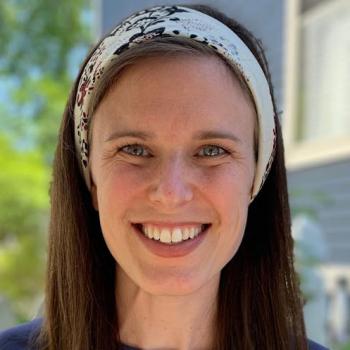Note: This essay was co-authored by Rabbi Abraham Cooper, Associate Dean of the Simon Wiesenthal Center.
Jews around the world bring the New Year period to a climax and a close with the 25-hour fast of Yom Kippur. The dominant themes are not hunger and self-flagellation, but reflection and teshuva-repentance. Jews believe that G-d bestowed upon each woman and man the capacity to change, to set the clock back, and focus ahead. Change, however, is a dynamic process that includes that rarest of all earth elements: personal responsibility.
At multiple times in the course of the day, Jews verbally confess before G-d their sins—what they did that they should not have done, and what they should have done and didn't. To help jog our memories and reignite our consciences, we recite a long, alphabetically arranged list of human failings known as Al Chet / "For the sin," which we then personalize by adding the individual reflections that cascade into mental focus.
At this time of war, tragedy, and global uncertainty, we want to share our spiritual bucket list with everyone who will listen. We present the ancient text, and the contemporary thoughts they inspire.
Preamble: No one is perfect—"…For we are not, O G-d, brazen and stubborn as to say to you that we have not sinned. Indeed, we have sinned, and stand before You in remorse:
For the sin we have committed through hardness of heart. We live with more information than at any time in history. We know what is unhealthy for our bodies, bad for our families, divisive for our communities. But we harden our hearts, and fail to use knowledge to act.
For the sin we have committed without knowledge. There is so much more we could do if we did not hide behind our ignorance! In the internet era we could have equipped ourselves to come to the aid of those we too easily ignore.
For the sin we have committed with the utterance of our lips. Let's face it, we privately delight in the world's most popular sport—the destruction of people's reputations through the power of words. We watch as young people are crippled through bullying and as adults are dehumanized through intolerance and bigotry; we watch our favorite TV show and social media platform for those juicy gottcha moments, then shed crocodile tears when needless pain and tragedy inevitably follow.
For the sin we have committed in public and in private. Does anyone really believe that what happens in Vegas really just stays in Vegas?
For the sin we have committed through wronging a neighbor. The good news is that G-d does not have compassion fatigue. The bad news is that we do. Too much suffering; too few solutions. Truly, we may not be able to end hunger, privation, and persecution around the globe, but how about our (nameless) neighbors, or the vaguely familiar people we choose to ignore each day. How many of them just need a friend, a confidant, or even a hello?
For the sin we have committed with insincere confession. We can't stand a sanctimonious apology. Imagine how G-d feels.
For the sin we have committed willfully and carelessly. Casual may be cool; carelessness is not a one-size-fits-all excuse to cover our mishaps. And aren't we way too causal about terrorism, man-made environmental disasters, and, increasingly, about history's toughest lessons. Can we say we really have learned the lessons of the Nazi Holocaust? Why then do genocides continue to plague us and why are innocent children used as so much cannon fodder for tyrants and terrorists? Why is anti-Semitism again spewing its poison across Europe? Why won't civilized people stand up for 190 million endangered Christians?
For the sin we have committed through haughtiness. Millions of young folks have been told that the answers to all questions large and small are available. Just Google it. Really? Life teaches us that we do not have all the answers. Smugness does not breed knowledge, only alienation and discord; how often did we speak with certainty where there was no room for it?
For the sin we have committed through brazenness. Can't beat progress! We remain arrogant in believing that all things shiny, new, and modern are good and progressive, and all that is old and dated is primitive. Who needs the wisdom of ages when we hold our own personal universe in a hand-held device? Yet we may be discarding the intellectual tools we need to access and set limits on technology. Are we really so sure of our collective path? Our children read less, play less creatively, and have trouble sustaining a verbal conversation.





